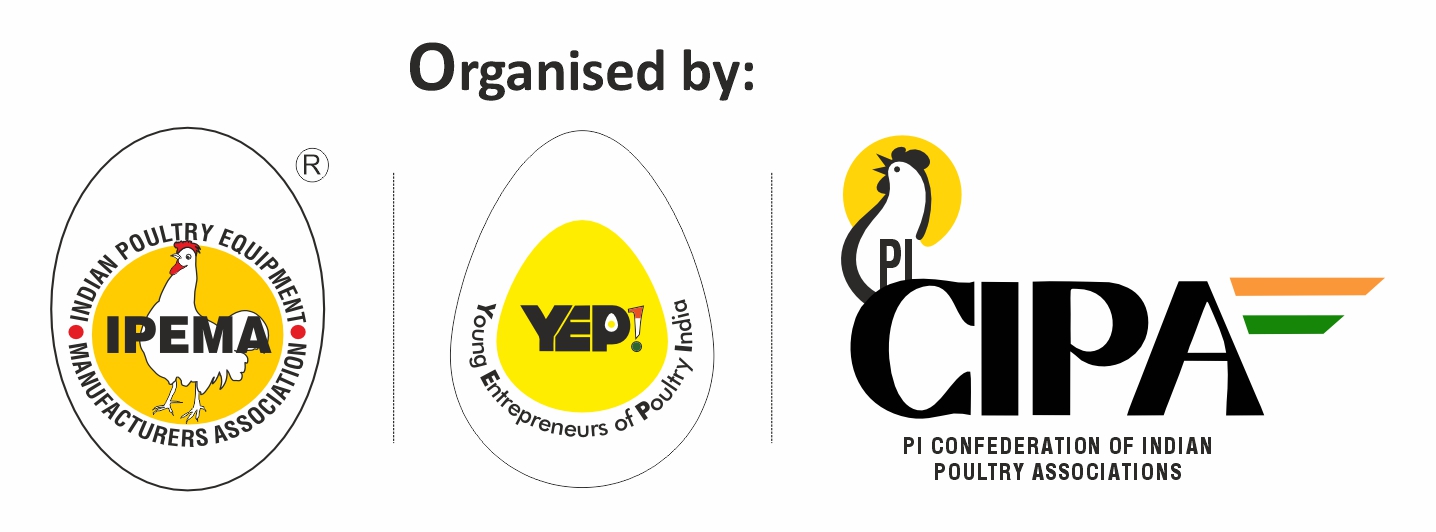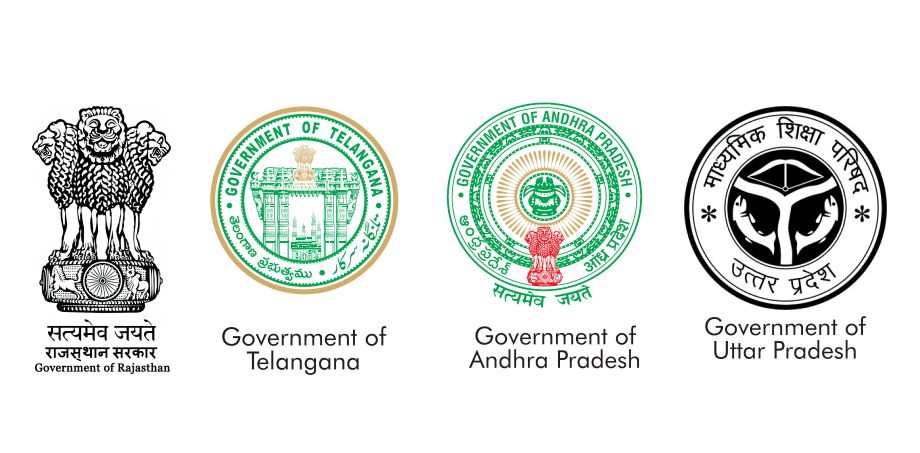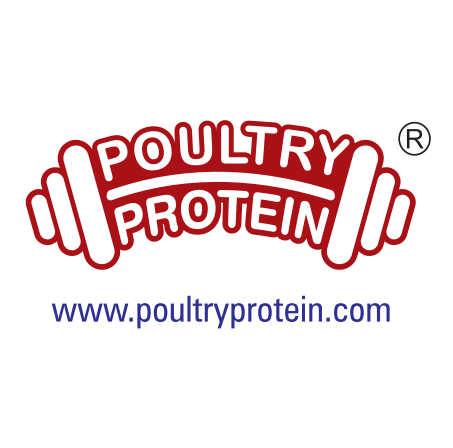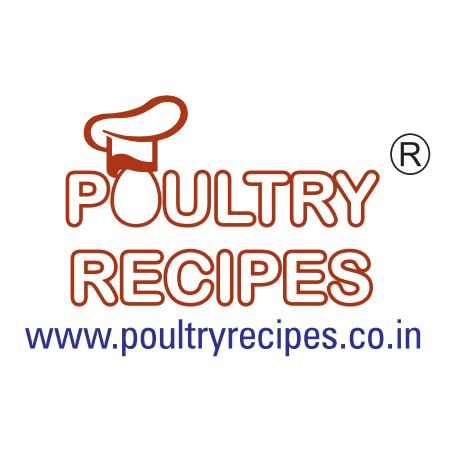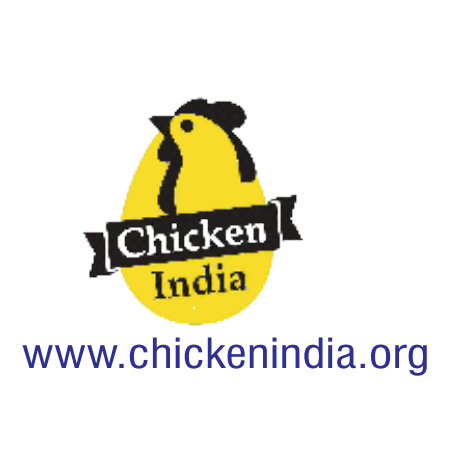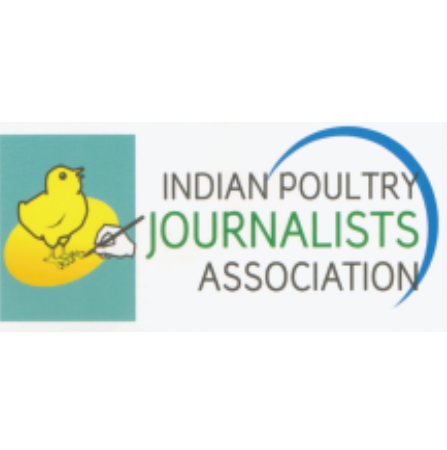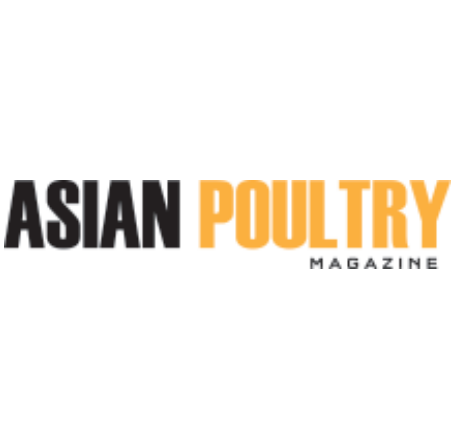How to Choose Good Feed for Your Poultry
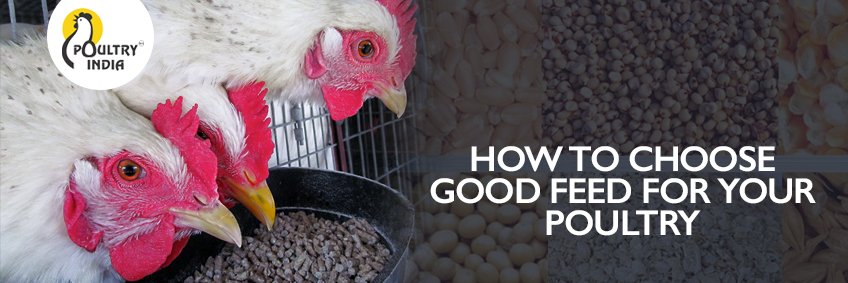
Chicken needs protein, carbohydrates, and fats, along with the appropriate vitamins and minerals. Most starter and grower ration have 18% to 20% protein. This is formulated for growth and development of bones and internal organ. The amount of protein in their diet is very important; it helps them to produce feathers and eggs as well as to grow.
Feed comes in three forms: Crumbles, Pellets, and Mash.
Feed Ingredients – Poultry feed ingredients are easy to get, they are available to us;
- Corn and soybean meal – Usually the most plentiful and lowest-cost sources of energy and well-balanced protein, thus it is extensively used.
- Balancers and Concentrates – For preparing the poultry feed, concentrates and balances are special supplements which are prepared by the commercial poultry feed companies.
- Salt – 0.2 to 0.5% is added to most poultry diets.
- Supplemental lipids e.g. Millet (up to 5% of the diet) – May increase energy utilization.
- Yellow pigmentation – Use as much yellow corn as possible plus good sources of xanthophyll, such as alfalfa meal or corn gluten meal, for the yellow coloration of the shanks, feet, skin, and egg yolks.
- Non-nutritive additives are used for a variety of reasons – e.g., antibiotics (to stimulate growth & control diseases), arsenicals and nitrofurans (to improve performance), anti-parasitic compounds, anti-oxidative, and antifungal compounds.
- Fish Oil – Fish oil is a dependable source of Vitamin A and D. Mainly it is used in chicken feed and laying hen’s feed. Fish oil is very effective when green pasture and sunlight is not adequate.
Growing chicken feeds
For chicks, their feed must be enriched with protein and concentrate on ensuring rapid growth and good health. Feed the chicks when they want to eat. And after their two or three weeks of age, give them dry mash with self-feeders (when all the chicks can eat) and ensure a constant supply of fresh and clean water according to their demand. Add some dry cracked wheat with dry mash till they reach three to four weeks of age.
Source: https://www.afrimash.com/







